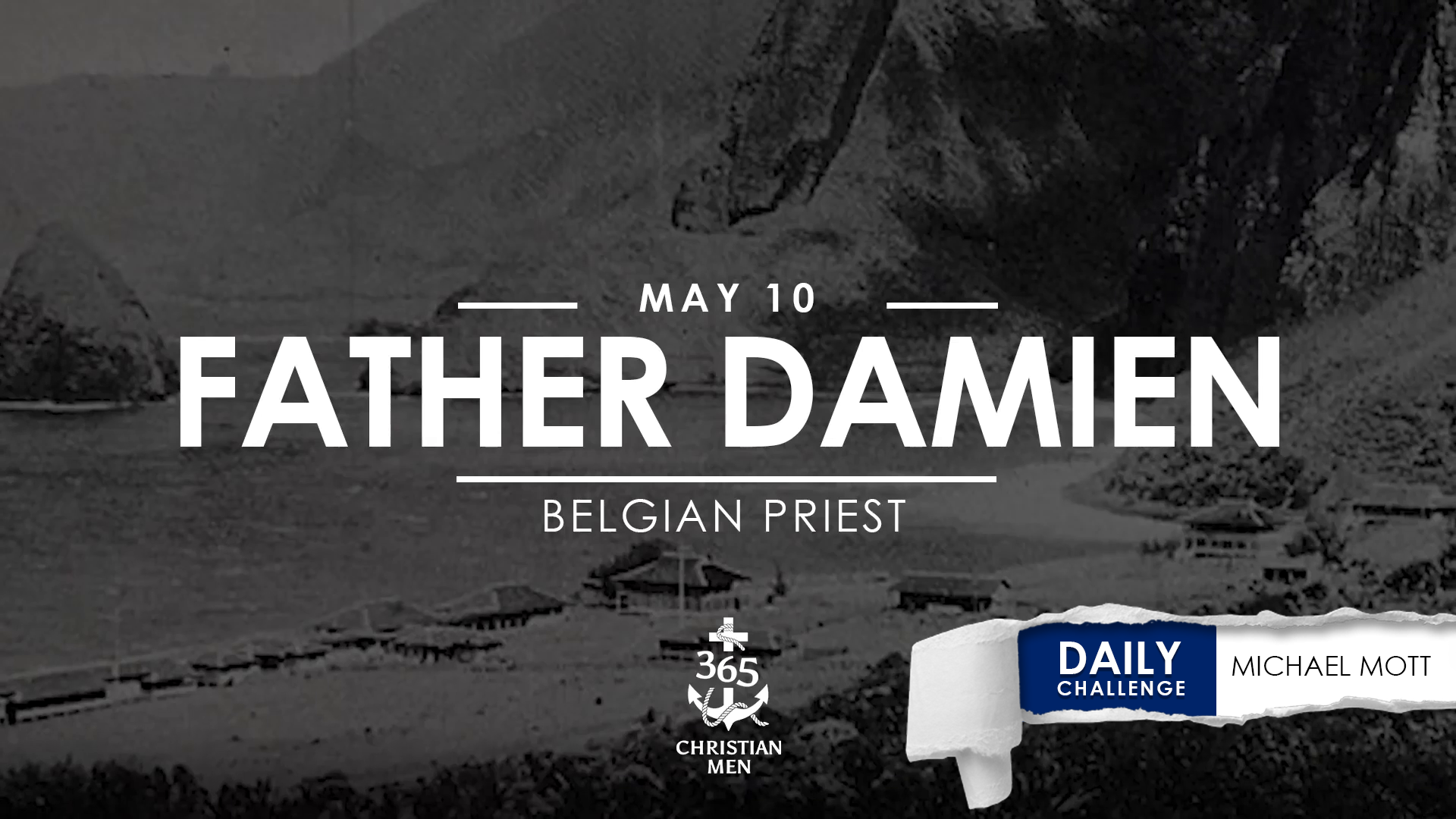May 19. Colonel Jeffrey Williams. In 1993, Jeffrey graduated first in the class at US Naval Test Pilot School, Class 103. Three years later, he was selected to be an astronaut.
On this date in 2000, the STS-101 Mission began, and Jeffrey Williams was the Flight Engineer and Lead Spacewalker. This was the third shuttle mission for building the space station. The goal of the ten-day mission was to move and install more than 5,000 pounds of equipment and supplies. On this trip, Jeffrey walked in space for 7 hours.
As of this writing in 2020, Jeffrey has spent 534 days in space. In 2019, he was inducted into the Army Aviation Hall of Fame. Here’s his story.
Opportunities are easily missed. Keep your eyes open.
For six weeks, Astronaut Jeffrey Williams had been orbiting Earth. Working aboard the International Space Station (ISS) was a dream come true for a man who thoroughly enjoyed God’s creation.
But being an astronaut on the ISS got lonely. For weeks, there was only Jeffrey and Cosmonaut Pavel. One May morning, the loneliness and sameness weighed heavy. God had given him this awesome opportunity, but Jeffrey felt—forgotten.
Every day he got to talk to Anne-Marie, his wife. But being physically separated from his family was weird. Tough. He was having an adventure, sure. But they were going on with their lives down there. He told Anne-Marie what he was thinking, and she said she’d pray for him.
That was good. But it felt like God had forgotten him.
After the call, he floated to where his work was stationed. And he passed by a window where he had a camera set to take pictures of Earth. He had time to snap a few photos for NASA.
He looked down on Earth—snowy mountain peaks surrounded by gleaming water. The Aleutian Islands off the tip of the Alaskan peninsula. He snapped photos, but something was wrong.
A giant plume of smoke billowed from the mountain peak. And this was no ordinary mountain fire. The mountain was a volcano—Cleveland Volcano—and it was erupting!
The station was already passing the area, and by the time Jeffrey called Pavel to see the volcano, it was out of sight.
Jeffrey called Houston and reported the eruption, and the excitement stirred. No one on Earth knew about it, and as scientists, they were excited. Jeffrey sent pictures for confirmation, and Houston notified the Alaskan Observatory. But the Observatory thought it was a prank.
Ninety tension-filled minutes passed Before the station flew over the volcano again. This time Jeffrey saw no smoke. Now, like liquid fire, streaks of red and gold lava surged down the sides of the volcano.
Jeffrey’s body pumped adrenalin, and he was pumped. Even NASA was giddy about the discovery. Jeffrey was probably the only person on—or above—Earth who had seen the Cleveland Volcano erupt.
God had heard his wife’s prayer. And He hadn’t forgotten Jeffrey. Think of the immensity of the universe. Think of the grandeur. Think of one man being in the exact right spot at the exact right time to see one mountain peak so far away. Pavel was right there, and he didn’t get to see it.
Likewise, having a down day was a pretty small moment in Jeffrey’s life. But the Creator of the immense-and-grand universe cared about Jeffrey, cared about how he felt, cared that he knew his Creator hadn’t forgotten him.
“He takes care of us continually in the little things,” Jeffrey said.
“Ah, Sovereign Lord, You have made the heavens and the earth by your great power and outstretched arm. Nothing is too hard for you,” (Jeremiah 32:17, NIV).
What are some little things you’ve noticed in God’s creation? How might they remind you of how much God cares for you? Opportunities are easily missed. Keep your eyes open.
Institute for Creation Research. “NASA Astronaut Colonel Jeffrey Williams.” Online video clip. YouTube. YouTube, 25 Feb. 2015. Web. 31 Aug. 2019.
Jeffrey Williams. “Above All the Earth.” Acts & Facts. Institute for Creation Research. 27 Feb. 2015. Web. 31 Aug. 2019.
Story read by Chuck Stecker














